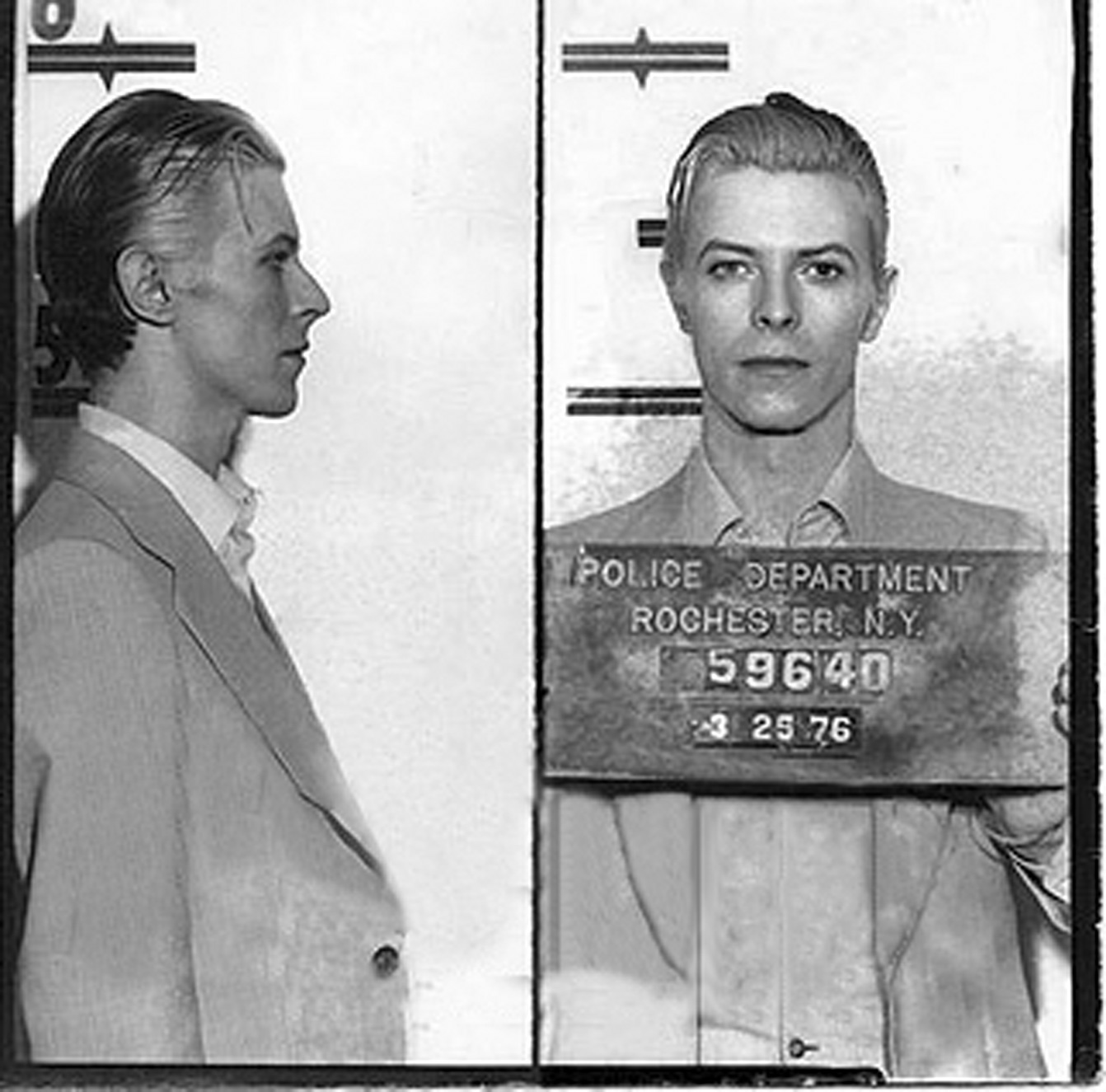Colonel Parker, born Andreas Cornelis van Kuijk, was a larger-than-life figure in the world of music and entertainment, best known as the manager of the legendary Elvis Presley. His influence on the music industry and his unparalleled ability to shape the career of one of the most iconic artists of all time has left an indelible mark. From humble beginnings to becoming one of the most powerful figures in show business, Colonel Parker's journey is a fascinating tale of ambition, strategy, and controversy. His unique approach to artist management not only catapulted Elvis to global superstardom but also set new standards for the music industry. With his larger-than-life persona and relentless drive, Parker remains a polarizing yet undeniable force in the history of entertainment.
Colonel Parker’s role in shaping Elvis Presley's career cannot be overstated. He was the mastermind behind many of Elvis's groundbreaking achievements, including his rise to fame, record-breaking concerts, and even his foray into Hollywood. Parker’s management style was unconventional, often described as both visionary and controversial. He negotiated lucrative deals, orchestrated massive publicity campaigns, and ensured that Elvis remained a household name for decades. However, his methods were not without criticism. While some credit him with Elvis's unparalleled success, others argue that his decisions ultimately limited the artist's creative freedom. Regardless of the debate, Colonel Parker's impact on the music industry and popular culture is undeniable.
What made Colonel Parker stand out was his ability to think outside the box, leveraging every opportunity to maximize Elvis's commercial potential. Whether it was organizing the iconic "Louisiana Hayride" performances or negotiating Elvis's first recording contract, Parker’s strategic brilliance was evident. His influence extended beyond music, as he played a pivotal role in Elvis's transition to film, ensuring that the singer's image remained omnipresent in American culture. Despite his achievements, Colonel Parker’s legacy is a mix of admiration and skepticism. His life and career serve as a compelling case study in the art of artist management, making him a figure worth exploring in detail.
Read also:Dominic Purcell The Versatile Actor Behind The Screen
Table of Contents
- Biography of Colonel Parker
- Personal Details and Bio Data
- How Did Colonel Parker Rise to Fame?
- What Were Colonel Parker's Management Strategies?
- Controversies and Criticism Surrounding Colonel Parker
- How Did Colonel Parker Shape Elvis Presley's Career?
- Legacy and Impact on the Music Industry
- Frequently Asked Questions About Colonel Parker
Biography of Colonel Parker
Colonel Parker, originally named Andreas Cornelis van Kuijk, was born on June 26, 1909, in Breda, Netherlands. His early life was shrouded in mystery, as he immigrated to the United States at the age of 16 and reinvented himself as an American. Initially working as a traveling carnival barker, Parker quickly developed a knack for showmanship and promotion. His journey into the world of entertainment began when he joined the U.S. Army, where he earned the honorary title of "Colonel" for his promotional work. This title became an integral part of his identity and branding.
Parker's career took a significant turn when he entered the music industry as a talent promoter. He initially worked with country music artists, honing his skills in artist management and publicity. However, it was his partnership with Elvis Presley in 1955 that cemented his place in history. Parker recognized Elvis's raw talent and star potential, and he wasted no time in positioning him as a global icon. Under Parker's management, Elvis transitioned from a regional sensation to an international superstar, breaking records and redefining the music industry.
Throughout his career, Colonel Parker was known for his relentless ambition and innovative approach to artist management. He was a master negotiator, securing lucrative deals and ensuring that Elvis's image remained omnipresent in popular culture. Despite his successes, Parker's career was not without controversy. His decisions, particularly regarding Elvis's film career and financial management, have been the subject of debate among historians and fans alike. Nevertheless, his impact on the music industry and his role in shaping Elvis's legacy remain unparalleled.
Personal Details and Bio Data
| Full Name | Andreas Cornelis van Kuijk |
|---|---|
| Date of Birth | June 26, 1909 |
| Place of Birth | Breda, Netherlands |
| Nationality | Dutch-American |
| Profession | Talent Manager, Promoter |
| Notable Client | Elvis Presley |
| Years Active | 1930s–1980s |
| Date of Death | January 21, 1997 |
How Did Colonel Parker Rise to Fame?
Colonel Parker's rise to fame was a combination of strategic thinking, relentless ambition, and an uncanny ability to spot talent. His journey began in the world of carnivals, where he learned the art of promotion and crowd engagement. These early experiences honed his skills in showmanship and laid the foundation for his future success. Parker's big break came when he transitioned to the music industry, where he began managing country music artists. His ability to negotiate lucrative deals and orchestrate publicity campaigns quickly earned him a reputation as a formidable talent manager.
One of the key factors behind Parker's rise was his partnership with Elvis Presley. When he first encountered Elvis, Parker recognized the singer's immense potential and wasted no time in securing a management contract. Under his guidance, Elvis's career skyrocketed, and Parker's influence grew exponentially. He orchestrated groundbreaking performances, negotiated record-breaking deals, and ensured that Elvis remained a dominant force in popular culture. Parker's management style was unconventional but effective, blending traditional promotional tactics with innovative strategies to maximize his client's commercial potential.
Parker's rise was also fueled by his ability to adapt to the ever-changing landscape of the entertainment industry. He was quick to recognize the power of television and film in amplifying an artist's reach. By leveraging these platforms, he ensured that Elvis's image remained omnipresent in American households. Parker's strategic brilliance, combined with his relentless drive, cemented his status as one of the most influential figures in the music industry.
Read also:Discovering Wang Churan A Comprehensive Guide To His Life And Achievements
What Were the Key Milestones in His Early Career?
Parker's early career was marked by several key milestones that set the stage for his later success. One of the most significant was his work with country music artists like Eddy Arnold and Hank Snow. These collaborations allowed him to refine his skills in artist management and publicity. Parker's ability to secure lucrative deals and orchestrate successful tours earned him a reputation as a rising star in the industry.
Another milestone was his honorary title of "Colonel," which he earned for his promotional work with the Louisiana Hayride. This title not only enhanced his credibility but also became an integral part of his branding. Parker's partnership with Elvis Presley in 1955 marked a turning point in his career, propelling him to new heights of fame and influence.
How Did He Build His Network in the Entertainment Industry?
Building a robust network was crucial to Colonel Parker's success. He achieved this through a combination of strategic partnerships, relentless networking, and a keen understanding of industry dynamics. Parker's early work in carnivals and country music allowed him to connect with influential figures in the entertainment world. These connections proved invaluable as he transitioned to managing bigger artists like Elvis Presley.
Parker's ability to negotiate lucrative deals and orchestrate successful publicity campaigns further solidified his reputation. He leveraged his network to secure opportunities for his clients, ensuring their continued success. His partnerships with record labels, film studios, and media outlets played a pivotal role in amplifying his clients' reach and influence.
What Were Colonel Parker's Management Strategies?
Colonel Parker's management strategies were as unconventional as they were effective. He believed in maximizing an artist's commercial potential through relentless promotion and strategic partnerships. One of his key strategies was to ensure that his clients remained omnipresent in popular culture. This involved orchestrating massive publicity campaigns, securing lucrative endorsement deals, and leveraging the power of television and film to amplify their reach.
Parker was also known for his meticulous attention to detail. He left no stone unturned when it came to managing his clients' careers. From negotiating record-breaking deals to organizing groundbreaking performances, Parker's hands-on approach ensured that his clients achieved unparalleled success. His ability to adapt to the ever-changing landscape of the entertainment industry further set him apart from his peers.
How Did He Negotiate Lucrative Deals for His Clients?
Parker's negotiation skills were second to none. He had a knack for securing deals that maximized his clients' financial potential while ensuring their continued success. One of his most notable achievements was negotiating Elvis's first recording contract with RCA Victor, which set the stage for the singer's meteoric rise to fame.
What Role Did Publicity Play in His Success?
Publicity was a cornerstone of Colonel Parker's success. He understood the power of media in shaping public perception and used it to his advantage. By orchestrating massive publicity campaigns, Parker ensured that his clients remained in the spotlight.
Controversies and Criticism Surrounding Colonel Parker
Despite his successes, Colonel Parker's career was not without controversy. His management decisions, particularly regarding Elvis's film career and financial management, have been the subject of debate. Critics argue that Parker's focus on commercial success often came at the expense of artistic freedom.
How Did Colonel Parker Shape Elvis Presley's Career?
Colonel Parker played a pivotal role in shaping Elvis Presley's career. From organizing groundbreaking performances to negotiating lucrative deals, Parker ensured that Elvis remained a dominant force in popular culture.
Legacy and Impact on the Music Industry
Colonel Parker's legacy is a mix of admiration and skepticism. His influence on the music industry and his role in shaping Elvis's career remain unparalleled.
Frequently Asked Questions About Colonel Parker
What Was Colonel Parker's Real Name?
Colonel Parker's real name was Andreas Cornelis van Kuijk.
How Did Colonel Parker Discover Elvis Presley?
Parker discovered Elvis during one of his performances and immediately recognized his star potential.
Was Colonel Parker a Good Manager?
Opinions on Parker's management style are divided. While some credit him with Elvis's success, others criticize his decisions.
For more information on Colonel Parker's life and career, visit Biography.com.

